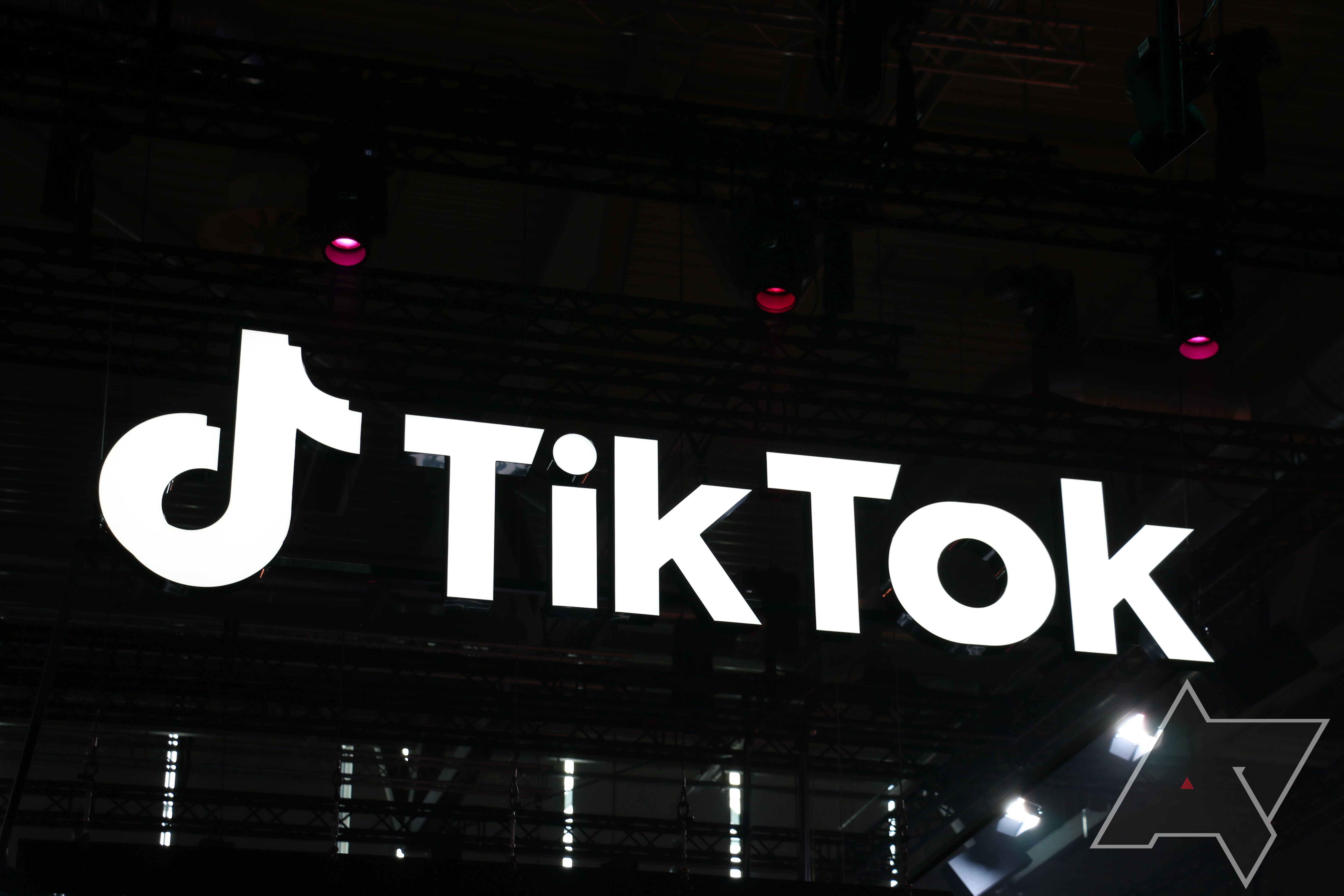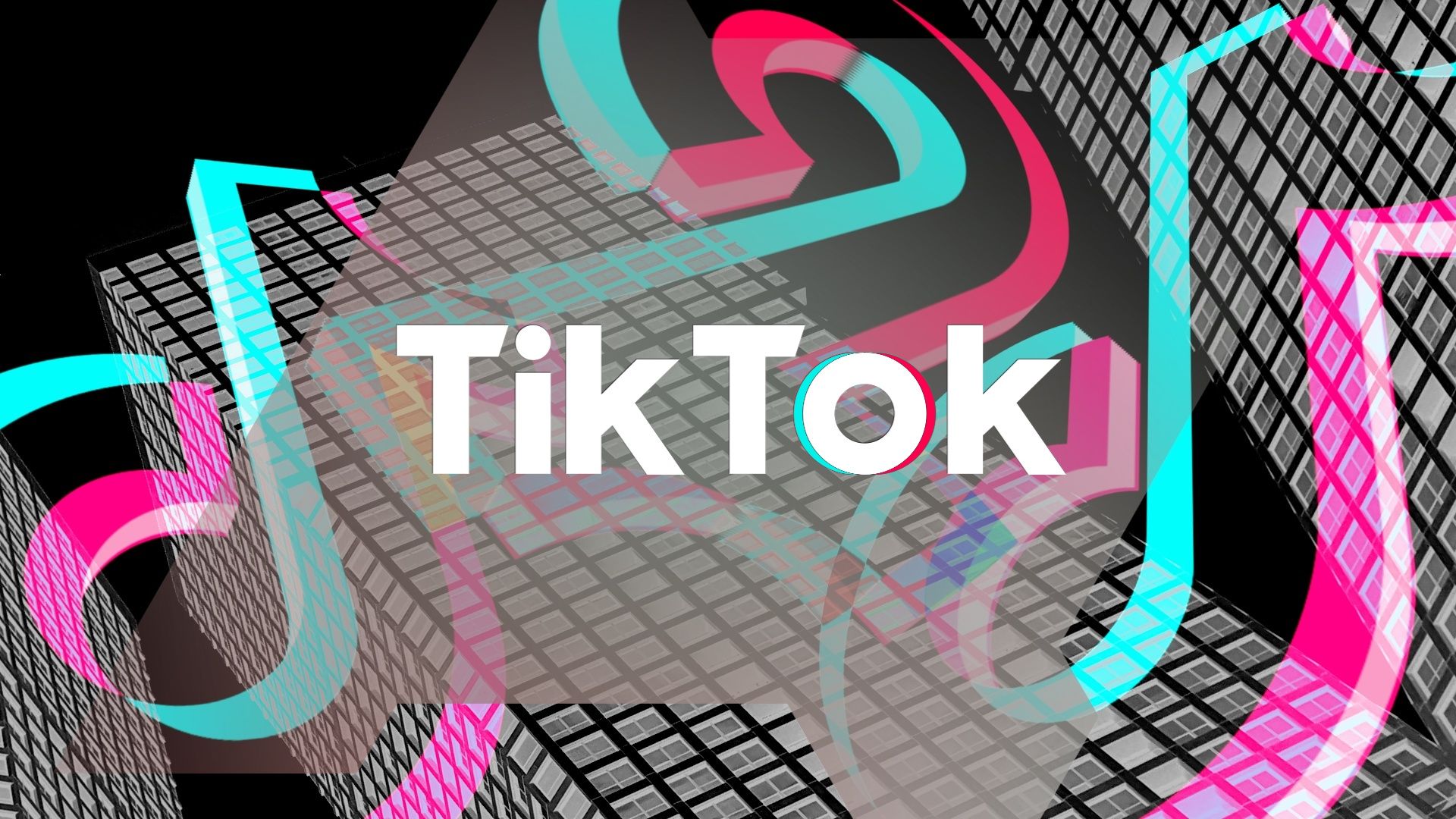On April 25, President Biden signed a bill into law that, in part, gave TikTok’s parent company, ByteDance, nine months (or up to a year, under certain conditions) to divest itself of its US business — that is, to sell the US version of TikTok to another company. Per the law, if ByteDance fails to do so, it’ll become illegal for US entities to provide web-hosting services to TikTok. The app will be removed from app stores, and stop functioning on devices where it’s already installed. In effect, it will be banned in 2025.
But ByteDance has ample time to mount legal challenges and intends to use it. This also isn’t the first attempt at banning TikTok in the US, and if history’s any indication, we’re in for a long, convoluted process that could end up going nowhere. Still, this is the closest we’ve come to a TikTok ban yet, and there’s a lot of nuance here. Here’s the story so far and where things could go from here.
The US has been trying to ban TikTok for years
How did we get here?
TikTok entered the US public consciousness in the summer of 2018, when owner ByteDance integrated features, accounts, and user data from the social app Musical.ly, which ByteDance had acquired the previous year, into TikTok. Prior to this move, TikTok was a rebranded international version of ByteDance’s China-exclusive Douyin app and was not available in the United States.
In May 2017, a few months before being acquired by TikTok, Musical.ly — a short-form video app largely centered around user-generated music content like lip-sync videos — had more than 200 million worldwide users, many of whom lived in the US and was growing fast. That momentum has continued post-merger under the TikTok brand: as of 2023, TikTok had 150 million active users in the US alone.
Trump first tried to ban TikTok in 2020
The US government’s interest in TikTok was made public in July of 2020, when, in the wake of the Indian government banning TikTok, WeChat, and dozens of other popular Chinese apps, then-Secretary of State Mike Pompeo said in an interview that the US government was “certainly looking at” the possibility of a similar ban on suspicion that the app could be used by the Chinese government to access large amounts of private data about US citizens.
A few weeks later, on August 6, President Trump issued an executive order to effectively ban the app in the United States by banning US entities from making transactions with parent company ByteDance. That order was initially set to go into effect in late September. In a follow-up a week later, the Trump administration clarified its stance that TikTok should never have been able to acquire Musical.ly, but could stay operational in the US if ByteDance divested its US operations — basically, if the US version of the TikTok app was sold off to a new owner. Microsoft was already in talks to acquire TikTok’s US business when Trump’s order was issued, but TikTok ultimately rejected Microsoft’s terms.
Oracle and Walmart wanted to invest
TikTok announced on September 19, 2020, that Oracle would become its “trusted technology provider, responsible for hosting all US user data.” The arrangement would’ve seen TikTok’s international operations, including its US business, spun off into a separate company, TikTok Global. In exchange for providing a secure infrastructure for US data, Oracle (with financial backing from Walmart) would have received up to a 20 percent stake in TikTok Global.
Trump told reporters that the proposed deal had his blessing, and the Commerce Department pushed back restrictions on TikTok to September 27.
The week those restrictions would have gone into effect, a US federal judge granted ByteDance an injunction to stall the ban but didn’t lift a subsequent November 12 deadline when the United States was scheduled to ban internet hosting and network services for TikTok. That ban would have seen the app removed from app stores and caused it to cease functioning on devices where it was already installed.
In October 2020, with the proposed Oracle deal still in progress, three TikTok influencers were granted another injunction by a Pennsylvania federal judge to keep TikTok up and running in the United States past the November deadline. They argued that a TikTok ban would harm their livelihood by blocking “professional opportunities afforded by TikTok.” The November 12 deadline came and went with the injunction in place, and action against TikTok was delayed again and again, with the deadline settling on December 4. It was reported at the time that the US government would not seek to enforce that December deadline. (After that deadline came and went, a second federal judge ruled TikTok couldn’t be banned.)
In February 2021, as the incoming Biden administration began investigating potential security risks posed by TikTok, the TikTok-Oracle deal was reportedly “shelved indefinitely” — though subsequent reporting indicates talks with Oracle continued. The following June, the US government officially dropped the ban, while President Biden issued orders to ramp up scrutiny of apps with ties to the US’s declared foreign adversaries, including TikTok’s China.
The following March, BuzzFeed News first reported on Project Texas, TikTok’s company-wide effort to move data about US users to data centers physically located in the United States through a partnership with Oracle. In effect, the plan would have siloed US data in the US, allowing users in the US to interact with TikTok without actually sending data to China.
TikTok found monitoring journalists’ locations
In June 2022, BuzzFeed News reported that TikTok had inappropriately viewed private data about US users, citing leaked audio of TikTok employees. The recordings, Buzzfeed News reported, “contain 14 statements from nine different TikTok employees indicating that engineers in China had access to US data between September 2021 and January 2022, at the very least.” “Everything is seen in China,” one TikTok employee reportedly said in September 2021.
That October, Forbes reported TikTok owner ByteDance had “planned to use the TikTok app to monitor the personal location of some specific American citizens” — essentially, that ByteDance had both the means and inclination to spy on specific user locations. The following December, citing reviewed internal emails obtained from ByteDance, Forbes reported that ByteDance actually had monitored the locations of several journalists without their knowledge by monitoring their IP addresses, evidently in an attempt to find whether they’d been near ByteDance employees.
In a statement to Forbes, after its findings were published, a ByteDance spokesperson acknowledged the surveillance of at least one Forbes journalist. A separate statement from a TikTok spokesperson blamed the location monitoring on “misconduct of certain individuals, who are no longer employed at ByteDance.”
Everything is seen in China.
In December 2022, under a provision of a dense government spending bill, TikTok was banned from most devices used by federal government employees. Several federal government bodies, as well as state governments, had already enacted similar bans for their own employees by that time.
The Biden administration renewed calls for TikTok to sell off its US business or face a ban in March 2023. Later that month, the US House Energy and Commerce Committee held a contentious five-hour hearing where lawmakers questioned TikTok CEO Shou Zi Chew about TikTok’s prior location surveillance, the company’s relationship to the Chinese government, the safety of minors using TikTok, and more. Chew offered that under the still-gestating Project Texas, “American data [would be] stored on American soil, by an American company, overseen by American personnel.”

How to use TikTok and other data-sucking apps without giving up your privacy
Protect your privacy on TikTok and other apps with our guide
The latest developments
Recently, calls for TikTok to either divest or be banned have gained increasing momentum. On March 13, a large package primarily focused on foreign aid passed the US House of Representatives by an uncharacteristically bipartisan vote of 352-65. A provision of that package (unrelated to foreign aid) requires ByteDance to spin off the US TikTok app to another owner or block the app in the United States. This time, as before, lawmakers cite concerns about the Chinese government accessing data about US users or influencing domestic events by promoting or suppressing certain content promoted to users in the United States.
The bill passed the Senate on April 23 by a slightly narrower, but still wide, margin of 79-18. President Biden signed the bill into law the next day. Under the law, TikTok has nine months to sell off its US business, with the possibility of a three-month extension. If it fails to do so, at the end of that window, the app will be banned in the United States.
What could happen under the new law?
ByteDance could sell, pull TikTok from the US, or something else entirely
If all goes to the US government’s plan, come this time next year, TikTok will either be owned and operated by a new purveyor or inaccessible in the United States. But it might not be so cut and dry.
TikTok is reportedly valued at about $100 billion — a chunk of change to be sure, but not necessarily an unrealistic price tag in a world where top tech firms have market caps measured in the trillions. But the majority of that valuation — upwards of $60 billion — lies in TikTok’s recommendation algorithm.
Citing several sources, Reuters has reported that if ByteDance can’t sell TikTok’s US business without the algorithm in tow, it’ll just shut TikTok down in the US and keep the algorithm for itself. TikTok reportedly pulled in $16 billion in the US in 2023, a relatively small share of ByteDance’s reported total of $120 billion in revenue in the same year. Given the high valuation of TikTok’s proprietary algorithm, the company may cut its losses and stop doing business in the United States rather than give up its golden goose.
In the meantime, legal experts disagree on whether such a ban has any legal standing, and ByteDance has vowed to fight this latest ban to the fullest extent it’s able. We’ll be keeping an eye on any new developments.

TikTok: Everything you need to know about the social media app
A popular social media app that invites controversy






